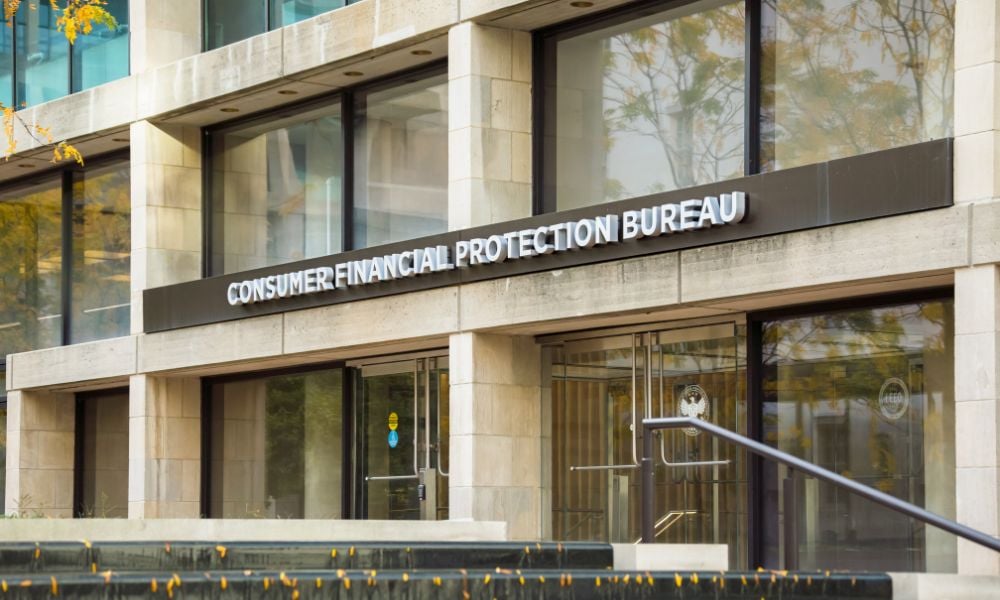

Three major Wall Street banks will no longer face court action after the Consumer Financial Protection Bureau withdrew its lawsuit against them.
Following last week’s decision by the agency to drop a lawsuit against Capital One, it has now dropped action against JPMorgan Chase, Bank of America, and Wells Fargo which it accused of failing to protect millions of customers from fraud resulting from their use of the Zelle peer-to-peer payments network operated by Early Warning Services, a fintech owned by the three banks named and four others.
CFPB’s court filing in December 2024 alleged that the banks had rushed to capture market share which was “prioritized at the expense of consumers” and led to Zelle being launched without “effective anti-fraud measures for the network or otherwise comply with consumer financial protection laws.”
It said that problems that emerged shortly after launch were not addressed and were allowed to continue for years.
None of the allegations made by the agency have been proven in court and with the lawsuit being withdrawn Tuesday, its chance to try to prove them has gone.
“We welcome the CFPB’s decision to drop its lawsuit against the Zelle network," a Zelle spokesperson told InvestmentNews. "As we’ve said before, this lawsuit was without merit, and legally and factually flawed. We look forward to continuing to provide Zelle, a trusted service, to 151 million enrolled American consumer and small business accounts.”
In a statement, Consumer Bankers Association president and CEO Lindsey Johnson hailed the decision to scrap the case: "As we explained when the CFPB first brought this suit in December, banks have and consistently followed the law in offering services through Zelle."
The CFPB has been severely wounded, although not terminally for now, by the Trump administration’s decision to designate Secretary of the Treasury Scott Bessent as its acting director. Bessent apparently ordered staff at the agency to halt their work, leading to accusations that he was part of a plan to “delete” the watchdog.
The agency’s COO Adam Martinez has since instructed staff to do the work mandated by law, but the National Treasury Employees Union filed a lawsuit on February 9, 2025, challenging actions by acting director Russell Vought to "shut down" the agency.
According to Reuters, an email it has seen reveals that staff at the CFPB are still unable to monitor financial services firms, despite officials stating in court that it was complying with its obligations set out in law. The CFPB has also denied that the agency is to be closed.

By listening for what truly matters and where clients want to make a difference, advisors can avoid politics and help build more personal strategies.

JPMorgan and RBC have also welcomed ex-UBS advisors in Texas, while Steward Partners and SpirePoint make new additions in the Sun Belt.

Counsel representing Lisa Cook argued the president's pattern of publicly blasting the Fed calls the foundation for her firing into question.

The two firms violated the Advisers Act and Reg BI by making misleading statements and failing to disclose conflicts to retail and retirement plan investors, according to the regulator.

Elsewhere, two breakaway teams from Morgan Stanley and Merrill unite to form a $2 billion RIA, while a Texas-based independent merges with a Bay Area advisory practice.
Orion's Tom Wilson on delivering coordinated, high-touch service in a world where returns alone no longer set you apart.
Barely a decade old, registered index-linked annuities have quickly surged in popularity, thanks to their unique blend of protection and growth potential—an appealing option for investors looking to chart a steadier course through today's choppy market waters, says Myles Lambert, Brighthouse Financial.
